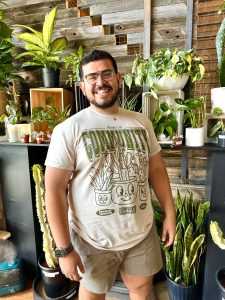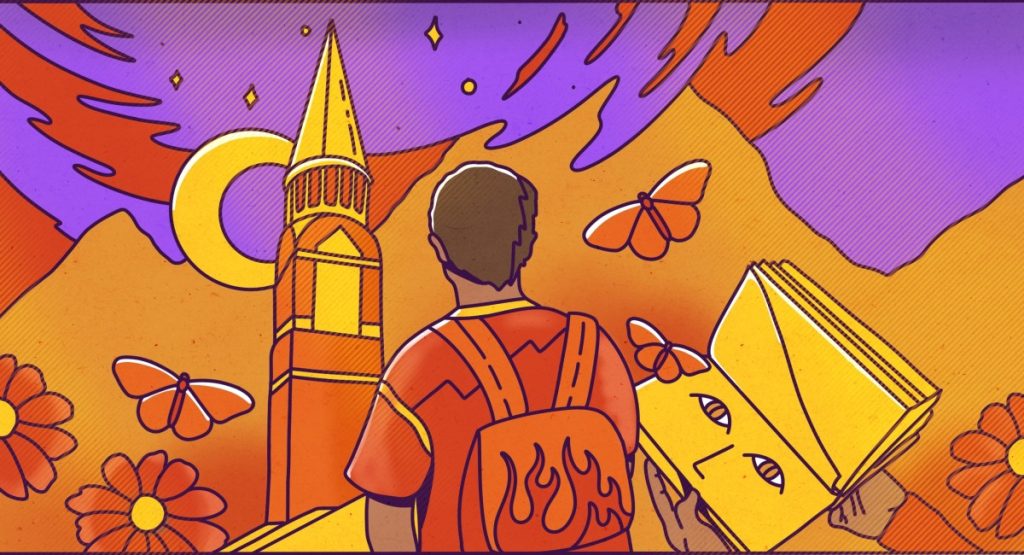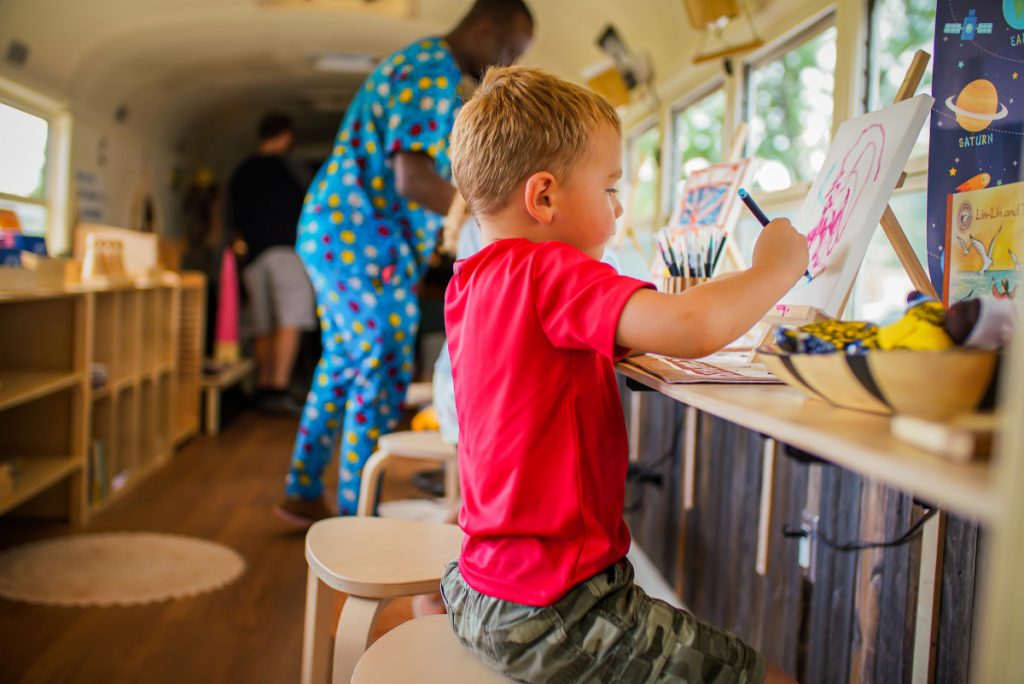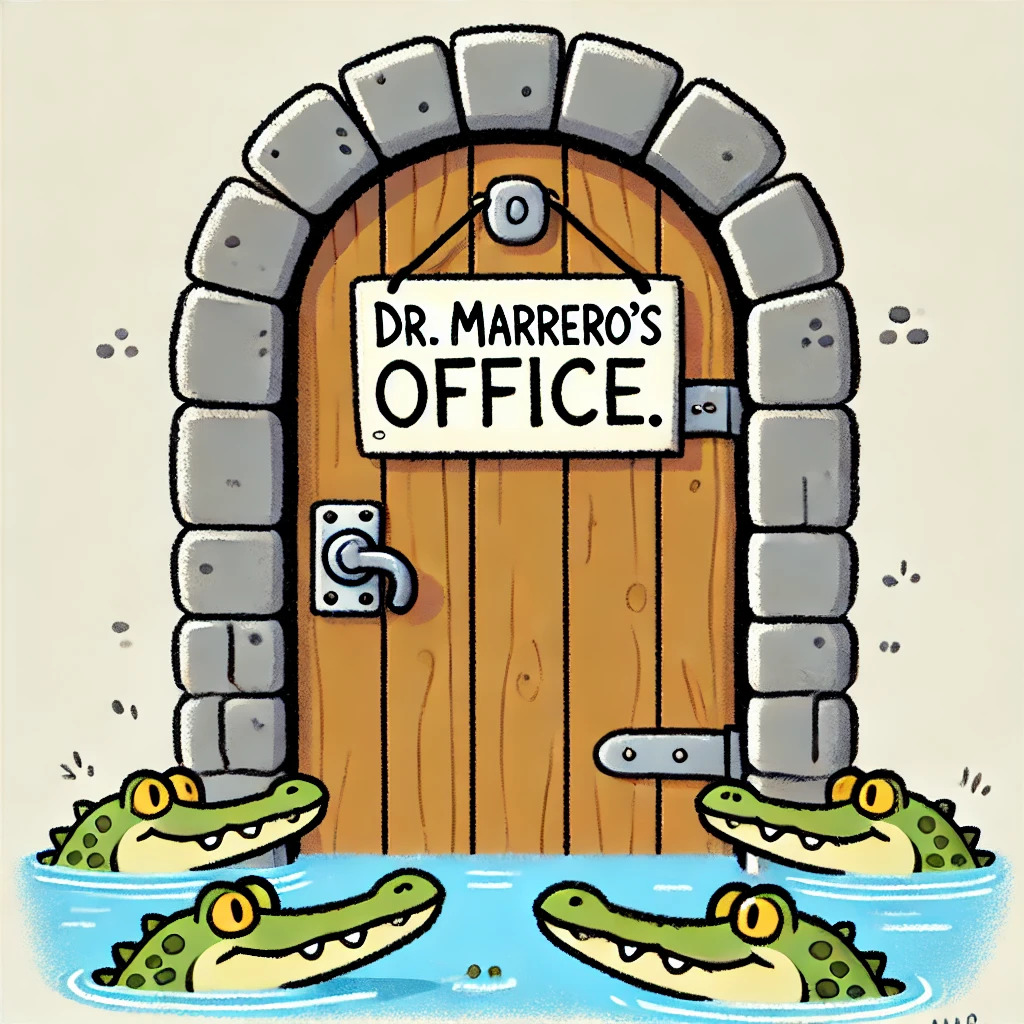Editor’s note: This article was written by Denver-based Artist Brayan Montes-Terrazas, better known by his alias YAMZ. Brayan’s unwavering identity-driven art stresses the importance of putting marginalized voices at the forefront of our conversations and the stories we tell. He is driven by the essential need to tell the stories of his identity as an undocumented, queer person of color. Using art and design as the vessel to show others that they are not alone in the fight toward equity justice and sound mental health.
While he continues to develop the YAMZ: World of Color as both an art-based brand and community-driven organization, he maintains the principle that when we uplift marginalized identities through art we can heal, provide business solutions and bring each other up because representation matters, and we must strive to build equity in the art and design fields.
The image above was created by the artist specifically for this article.
INSTAGRAM: https://www.instagram.com/yamz.world/
WEBSITE: https://www.brayanmontes.com/shop
It was a sunny day in middle school when my life changed forever.
My science teacher was excited to share with us an opportunity to travel to San Diego for something called Sea Camp. She explained we would be swimming with dolphins, exploring tide pools and could even hold starfish in our hands.
We would be going for a whole week, and it was open to everyone. My little science nerd heart was so excited to experience the magic of the sea in San Diego, I ran home to ask my parents.
When I got there, I immediately shared with my parents about this life changing aquatic opportunity, explaining the cost breakdown and what we would be doing. It felt like I was giving a TED Talk. After my ramble, they turned to me and simply said…. No.
After throwing a fit and constant stoic no’s from my mom and dad I got on the floor and cried. I think they felt bad. They picked me up and explained that I couldn’t go because San Diego was too close to the border, but my middle school brain didn’t understand.
“Why? That doesn’t make any sense to me.”
My dad turned to me and said “Brayan, no tienes papeles.” You don’t have papers. “You’re not an American citizen and the border patrol wants you gone.”

That was the first time in my life someone had told me that I was undocumented. Me and 11.4 million people in the U.S. share the identity of undocumented.
You’re welcome to Google a better description of what it means to be undocumented, but all I knew then is that I couldn’t vote and I could not get close to the border, and for my parents it meant I could not share that with anyone.
As a middle-schooler, it didn’t really affect me then, and I didn’t completely understand the gravity of it. It wasn’t until my French class offered a trip to Paris that I realized the impact. Slowly but surely, I realized that I was different; I was being excluded and I couldn’t tell anyone about it.
Throughout high school I found more of my peers that identified as undocumented and as immigrants themselves. Some of my closest friends became the bearers of the same weight I carried; they knew what it felt like to be excluded.
Like me, they were all high achieving students in my honors and IB classes. I excelled in school and always put my immigration status secondary followed by the “golden boy,” the honors student, the cross-country captain and the school president.
I thought if I filled my plate and proved to the world that I was enough, the world would put my undocumented status to the side and say, “you are one of us.” I thought my accolades were enough.
I collected merit like Pokémon cards because I believed when it came time to apply to colleges, I would be seen as enough. Little did I know how wrong I was and how I was about to face the biggest disappointment of my life.
Zulema, my Denver Scholarship Foundation Future Center advisor, was one of the first people that tried to help me find scholarships. She frequently sent out scholarships to the senior class and I thought maybe my email hadn’t made it on the list. When I asked, she said all the scholarships were for U.S. citizens only. She showed me a stack of scholarships, but when I asked what I could get, she pulled out a lone piece of paper.
This was a fatal blow. I felt betrayed by the very system that I put so much into. My schooling had not prepared me in any way to rumble with the fact that my chances of success on paper were slim to none. I had not been prepared to advocate for myself and to fight for what I needed at the time.
I was considered an international student on my application to the University of Denver even though I had grown up down the street from the ivory tower for 15 years of my life.
Many undocumented students face this reality every day. At every step the walls of bureaucracy are higher and wider than anything we could have imagined.
In the end I had very little opportunity and it felt like I was climbing over walls that I didn’t know existed. My mom was the one who encouraged me to apply to Colorado State University and go for a school visit.
It was there I met a financial aid counselor named Sylvia. Sylvia showed me that with my FAFSA I was eligible for financial aid and more scholarship opportunities through the school. It was the first time I had seen hope in this process. It was the first time I had felt seen as an undocumented student in my high education journey.
In the end, I earned a degree from Colorado State University with a full ride scholarship. Because of the Colorado Access Bill, I was able to get in-state tuition and thanks to the hard work I put in during high school and college, I had more scholarships than I thought possible.
My work as an illustrator today reflects the struggles of the undocumented community. It also acknowledges that undocumented people are more than just the dreamer narrative that is forced onto us by politicians and the media.
Undocumented people are our parents, our loved ones; they are young and older generations; they are essential workers, lawyers, nurses, and everything in between.
My immigration status is something that I think about on a daily basis now. More often than when I was in middle or high school, because I see the systematic hardship that is placed upon immigrants at every step of the way.
Higher education is just one of those hurdles and because of that it has been a dream of mine to start a scholarship dedicated to helping more folks like me achieve their goal of higher education.
I hope to one day be a step for those who are like me.




